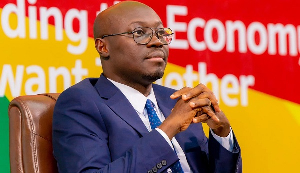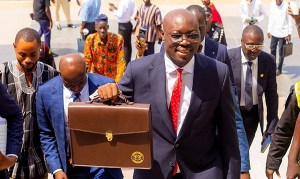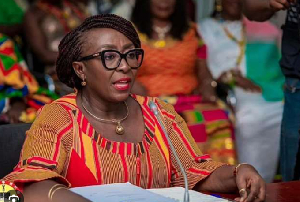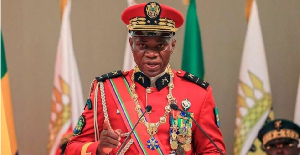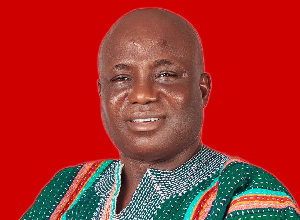Accra, March 3, GNA - A report by the International Narcotics Control Board (INCB) for 2005 indicated that cannabis cultivation and abuse continued to dominate Ghana's illicit drug problem.
Colonel I.K. Akuoko, Executive Secretary of the Narcotics Control Board, who presented a situational report on Ghana, said though its production had reduced in Africa, there was enough evidence that more people cultivated cannabis for economic reasons than food crops. The report summed up Ghana's problem in three main areas: cannabis sativa and street level abuse of drugs, drug trafficking and treatment and the rehabilitation of drug addicts.
He said a total of 11,453 kilograms of cannabis was seized in the third quarter of the 2005 as against a total seizure of 765.15 kilograms in 2004.
According to Colonel Akuoko data collected from three Government Psychiatric Hospitals paint a gloomy picture about cannabis abuse, saying it continued to be the most abused drug by those who reported to the hospitals followed by alcohol abuse.
He said West Africa and for that matter Ghana continued to be seen as transit point for illicit drug trafficking to Europe and the US. The report also noted that cocaine trafficking by boats and vessels on the sea had become a great challenge to the fight against the menace, adding that it posed a hydra headed problem to security agencies. The report said about 99 per cent of arrest made at the airport showed that market for drug consumption was not in Ghana.
It identified the postal system as one of the means adopted by drug dealers to transport the drugs.
On treatment and rehabilitation of addicts, it said the increase in the number of drug users in Ghana demanded an effective treatment and rehabilitation centres to meet specific needs of drug users. Ms Margaret A. Novicki, Director UN Information Centre, who gave an overview of 2005 INCB, said the chapter was exploring alternatives ways for growers of illegal drugs to supplant their livelihood.
The report urged the international community to rethink international drug control strategies of "alternative development" which would encourage illegal drug growers to cultivate legal cash crops with similar or even higher incomes.
The INCB report identified unregulated markets, illicit manufacturing and diverse products containing narcotic drugs and psychotropic substances as a major problem worldwide.
Capt Nkrabea Effah-Dartey (RTD), Deputy Minister of the Interior, who launched the report, said the war against drug was a global one that demanded a united front to fight it.
He said drug users should see it as a crime and desist from it and called on the religious bodies and civil society organisations to champion the fight against the menace.
General News of Friday, 3 March 2006
Source: GNA


